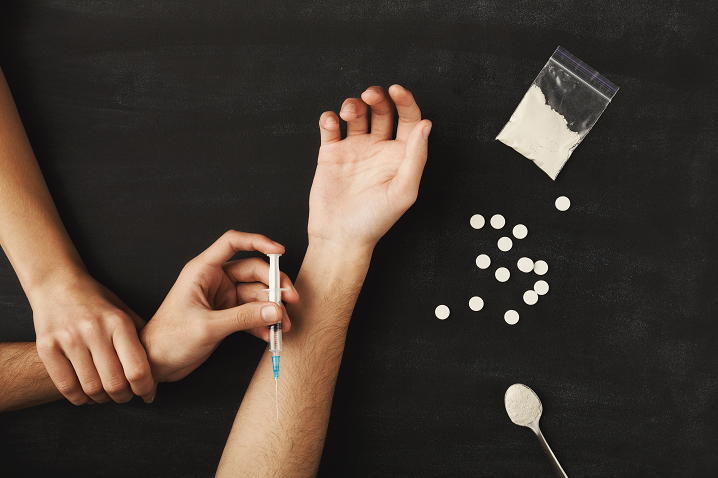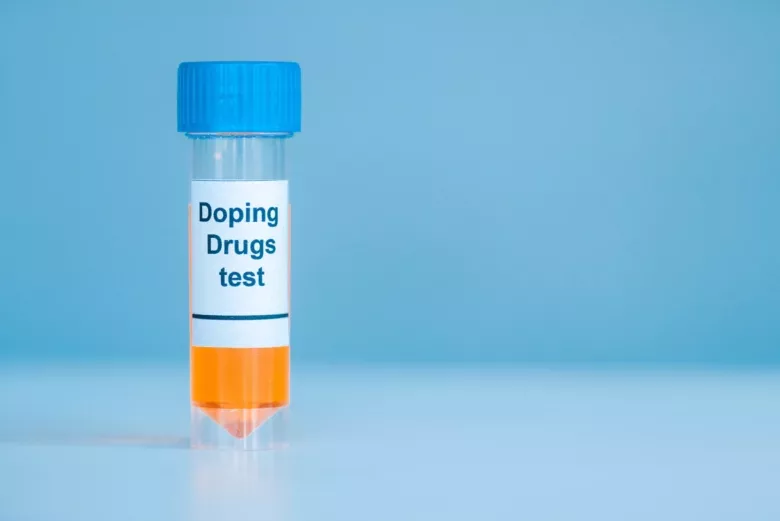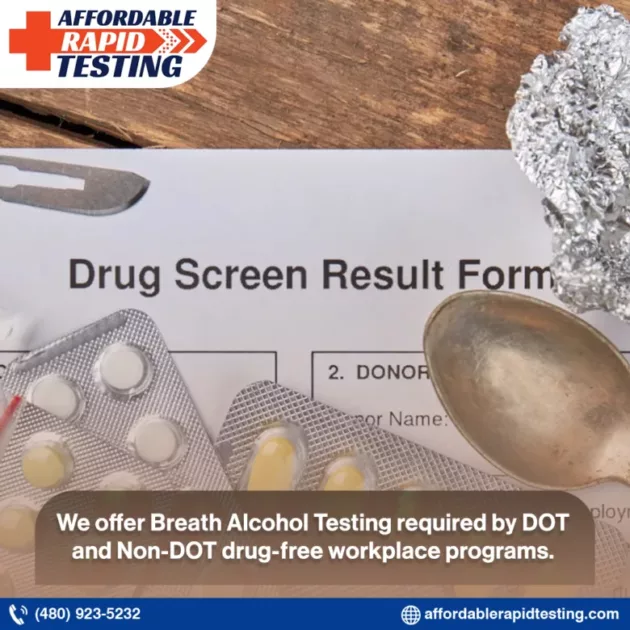Drug addiction mostly starts as an experimental use of some kind of recreational drug. Unfortunately, for some, this experimental use gets transformed into addiction. Needless to say, any kind of addiction – street drugs to prescription drugs to alcohol – is a serious issue for sure. If you are suspecting a close one to be addicted, keep a close eye as there are prominent drug addiction signs and symptoms.
Understanding drug addiction
Drug addiction also referred to as substance abuse, is when a person develops a continuous habit of consuming any kind of drug or alcohol in excessive amounts. Addiction impacts the affected person’s brain and behavior so direly that one becomes unable to control the consumption of the harmful drug, knowing that drug consumption has negative effects on the mind, body, and overall health.
Alarmingly, drug addiction leads to extremely serious and long-term consequences including mental and physical health issues, employment disruptions, relationship difficulties, and law enforcement interactions in many situations. Prolonged drug or substance abuse leads to strong addiction, which becomes very difficult to overcome despite knowing and understanding the damage it is inflicting on the overall health and well-being of an individual.
Breaking this chain of drug addiction is tough but not impossible. With the help and support of one’s loved ones, friends and family, it is possible to bring one out of addiction. Sometimes, the affected person might need assistance from mental health professionals to get back to normalcy. Today, various kinds of treatment options and rehabilitation facilities are available to help affected individuals overcome drug addiction and lead healthy and normal lives.
Alarming drug addiction statistics
Using illegal drugs is a raging problem all over the world. Almost 5.5% of the global population consumes some kind of illegal drug. As per statistics from The National Institute on Drug Abuse (NIDA), approximately 20.4 million people were diagnosed with substance abuse disorder in the past year in the U.S. alone. This figure includes people in all age groups. Without proper diagnosis and treatments, the number of addiction cases is estimated to increase.
Drug addiction: Causes and associated risk factors
It is very difficult to pinpoint a single cause or factor which might lead to drug addiction development in an individual. However, factors like the environment in which the person stays or the biological composition of the individual might contribute to a person’s risk for developing drug or substance abuse.
It is recommended to keep the following things under observation:
- Environmental factors
An individual remains surrounded by different environments throughout the day. Each environment comes with its set of influencing factors. There might be factors that impact the individual in developing drug abuse or addiction. Some of the common environmental factors contributing to substance abuse include peer pressure, high-stress levels, socioeconomic pressure, strong neglect or abuse (physical or mental), and so on. These factors accelerate the risk of using drugs.
- Genetic factors
Research reports have come up with data that genetics significantly impact the vulnerability of an individual to developing drug or substance abuse disorder. A family history of drug abuse increases the chances of an individual getting addicted to drugs. There is one gene, which passes down from one generation to the next leading to substance abuse/addiction.
Now, let us take a look at the various risk factors associated with drug addiction or substance abuse:
- Lack of good parenting
- Exposure to violence at any age
- Unemployment, lack of constructive work
- Being an unjustified victim of abuse, neglect, or crime
- Trauma exposure
- Low self-worth and self-esteem
- Exposure to excessive chaos
- Poor socio-economic status
- Peer pressure at the organizational level
- Poor coping skills in unpleasant situations
- Family history of drug addiction/substance abuse or chemical dependency
- Ease of access to various drugs and substances
- Strong personal history of psychological illness
- Improper caregiver involvement
Drug addiction: Visible signs and prominent symptoms
It is a general tendency of drug-addicted victims to keep the addiction a secret until noticeable signs and symptoms start appearing. Even in confrontation, they keep on lying about the abuse and deny the addiction at all costs.
However, there comes a stage when the addiction crosses limits and prominent symptoms start appearing. You will start noticing changes in various aspects of the individual – physical appearance, general health, behavior, emotions, cognition, and so on. The moment you locate such symptoms, you can be sure that the person has a drug addiction issue.
We will discuss the symptoms in detail here.
- Physical symptoms of drug addiction
Certain physical symptoms strongly hint towards drug addiction. Keep an eye on such symptoms if you suspect such abuse:
- Increase or loss of appetite
- Profuse sweating
- Not able to get sound sleep and waking up consistently throughout the night
- Irregular pulse rate and heartbeat
- Strong headache
- Sudden weight gain or weight loss
- Frequent nose rubbing or runny nose
- Disinterest in maintaining hygiene
- Bloodshot eyes
- Slurred speech
- Tremors or shakiness in hands and legs
- Diarrhea, nausea, or vomiting
- Presence of needle marks
- The overall deterioration of physical health
- Behavioral symptoms
Here are some behavioral symptoms you must keep an eye on as they might be indicating substance abuse:
- Hyperactivity or extreme lethargy
- The tendency of missing work or school
- Change in hobbies and activities
- Reduced participation and enjoyment in things that one loved previously
- A decline in concentration and performance at work or in school
- Increased conflicts with people
- Change in the normal friend circle
- Non-fulfilment of roles and responsibilities at work or in family
- Interest and engagement in risky businesses and behaviors
- Looking for isolation or social withdrawal
- Poor coordination
- Suspicious or extremely secretive behavior
- Change in behavior and attitude overall with no identifiable or definite reason
- Psychosocial symptoms
If you suspect someone to be a drug addict, you might find some of these common psychosocial symptoms. Keep an eye out for:-
- Lowered self-esteem/self-worth
- Depressed mood
- Experiencing sudden and drastic mood swings
- Not being able to experience pleasure
- Heightened anxiety levels
- High irritability or moodiness
- Oversensitivity
- High agitation levels
- Cognitive symptoms
Identifying the cognitive symptoms might not be possible for a common man. A therapist or caregiver might be able to identify these symptoms better.
- Forgetfulness
- Difficulty in paying attention and short attention span
- Not able to reason logically
- Delayed thinking
- State of confusion
- Hallucinations and delusions
- Sense of detachment from reality
- Paranoia
- Hampered decision-making abilities
- Psychosis
Effects of drug addiction

Drug addiction or substance abuse as many call it can become detrimental when not diagnosed and treated at the right time. Untreated substance abuse wrecks havoc on one’s mental and physical well-being. The result is a series of long-term highly negative and extremely disturbing consequences. Let us take a look at some of the detrimental effects of drug addiction if an affected person doesn’t receive proper treatment and care.
- Developing conflict with family and friends
- Engaging in self-harming activities and behaviors
- Strong dependence and addiction
- Suicidal ideas and attempts
- The inability to acquire and maintain employment leading to financial difficulties and problems. Aggravated cases might lead to malnutrition and homelessness as well.
- Cognitive impairment with memory loss
- Inflicting damage to the central nervous system along with a compromised immune system
- Failure in academic and professional life
- The onset of different kinds of mental health conditions with aggravated symptoms
- Developing various serious health conditions including impaired lung function, stroke, heart failure, heart damage, increased cancer risks, risks of virus exposures leading to HIV/AIDS or hepatitis, etc. Extensive addiction might lead to coma and even death.
- Unnecessary involvement and interaction with law enforcement
Drug addiction and substance abuse: Some co-occurring disorders
If you thought that drug addiction is one single problem, you are highly mistaken. Substance abuse is one of the leading causes of the onset of various mental health issues. If a person already suffers from a mental health condition, drug addiction can only aggravate the symptoms and suffering.
Here are some of the co-occurring mental health disorders that a person suffers from along with substance abuse:
- Personality disorders
- Depressive disorders
- Anxiety disorders
- Post-traumatic stress disorder
- Schizophrenia
- Bipolar disorder
- Hyperactivity disorder
- Attention deficit disorder
Handling drug addiction withdrawal and overdose
Drug addiction in itself is a serious problem as the person becomes dependent on the drug physically as well as psychologically. Not getting the drug on time might show eccentric symptoms and violent actions.
Overdosing on drugs or stopping drug consumption all of a sudden shows prominent symptoms, which become quite frightening at times. Withdrawal symptoms are more severe than addiction symptoms. In many cases, the person needs immediate medical attention and special care.
- Withdrawal symptoms
Here are some of the most common withdrawal symptoms of drug addiction:
- Intense cravings
- Tremors, seizures, sweating, or chills
- Heightened anxiety levels
- Suicidal intentions
- Nausea and vomiting
- Muscle and bone pain
- Paranoia
- Panic
- Psychosis
- Depression
- Overdosing symptoms
The risk of overdosing is common among drug addicts and substance abusers. The worst thing is that overdosing calls for immediate medical attention. It is a medical emergency where a delay in proper treatment might prove to be detrimental to the person. You can identify drug overdose symptoms. Some of these include:
- Blacking out
- Confusion
- Disorientation
- Slowed breathing
- Dizziness
- Chest discomfort or chest pain
- Loss of consciousness
- Heart failure
- Stroke
- Heart attack
- Coma
Affordable Rapid Testing, Phoenix: Your one-stop destination for drug testing
Looking for a trusted and genuine place for drug testing? Affordable Rapid Testing, Phoenix offers Rapid Drug Testing, DOT Drug Testing, non-DOT Drug Testing as well as Breath Alcohol Testing. Book an online appointment and avail our reliable, easy, and reliable drug testing services. All the tests are FDA-approved. Call the center now!



Thank you for informing us that aside from changes in behavior, there are also physical signs that hint toward drug addiction, such as but not limited to appetite changes, strong headaches, bloodshot eyes, slurred speech, vomiting, and the overall deterioration of physical health. My uncle had become addicted to sleeping pills after depending on them too much to help fight the insomnia he got from his depression, so we are sending him to rehab soon for his recovery. I’ll keep this in mind while I look for a substance abuse rehab program available in Salem to consider for my uncle soon.